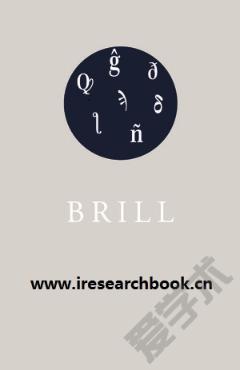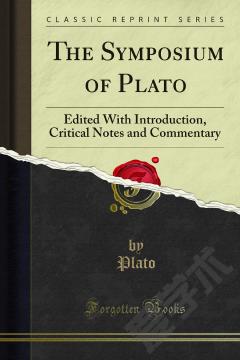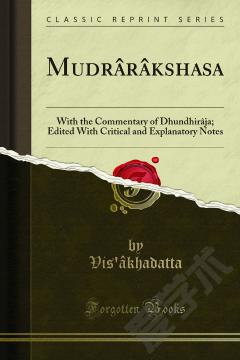The Nemean Odes of Pindar —— Edited, With Introductions and Commentary
-----
Of all the great Greek poets Pindar has received least attention from English scholars. The only complete commentary that has appeared since Donaldson's is that of Dr Fennell. The Nemean and Isthmian Odes came off even less well than the Olympian and Pythian, which were separately edited by Cookesley and in America by Mr Gildersleeve (whose work however was published in England). When we compare this list with the number of editions of Homer and the Greek dramatists which appear from year to year, it may seem needless to apologise for a new commentary on the works of Pindar; and certainly an editor of the Nemean Odes may feel secure against the charge of crambe repetita.The methods of interpretation and the plan of exposition adopted in the present volume are in many respects new; otherwise indeed this edition, after Dr Fennell's sound work, which so opportunely supplied a want, would have no reason for existing. The reader will find in the general Introduction a statement of my principles of interpretation, and he will see how much I owe to a new idea put forward by F. Mezger in Pindars Siegesliedcr, 1880. To the other well-known German scholars who have edited or dealt with Pindar (Boeckh, Dissen, Mommsen, Bergk, c.) I gratefully acknowledge my obligations, and their names will be found in every page of my commentary. Rumpel's Lexicon Pindaricum and E. Abel's edition of the Scholia vetera on the Nemean and Isthmian Odes have been specially useful. Dr Fennell's Nemean and Isthmian Odes has been always by me.
{{comment.content}}








 京公网安备 11010802027623号
京公网安备 11010802027623号